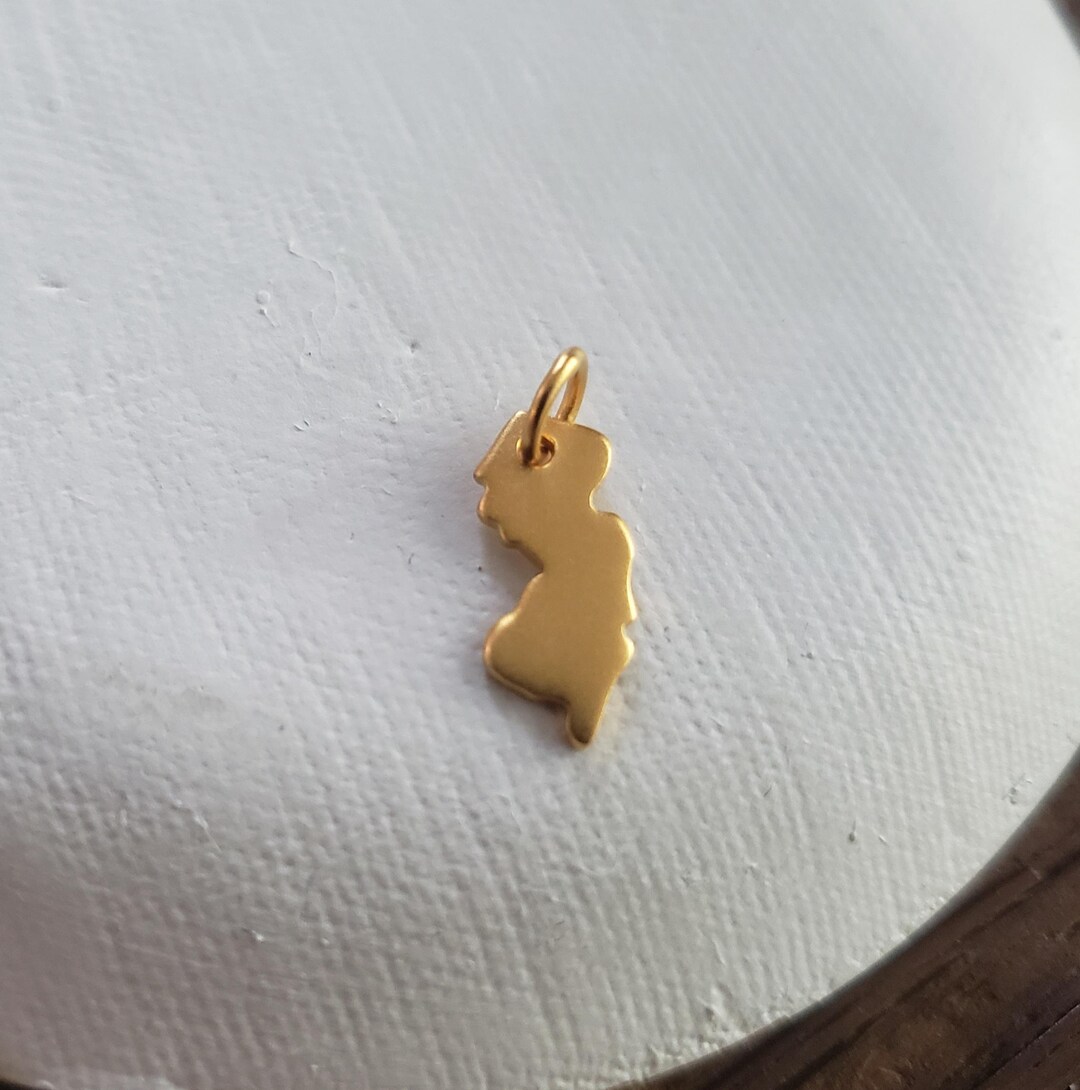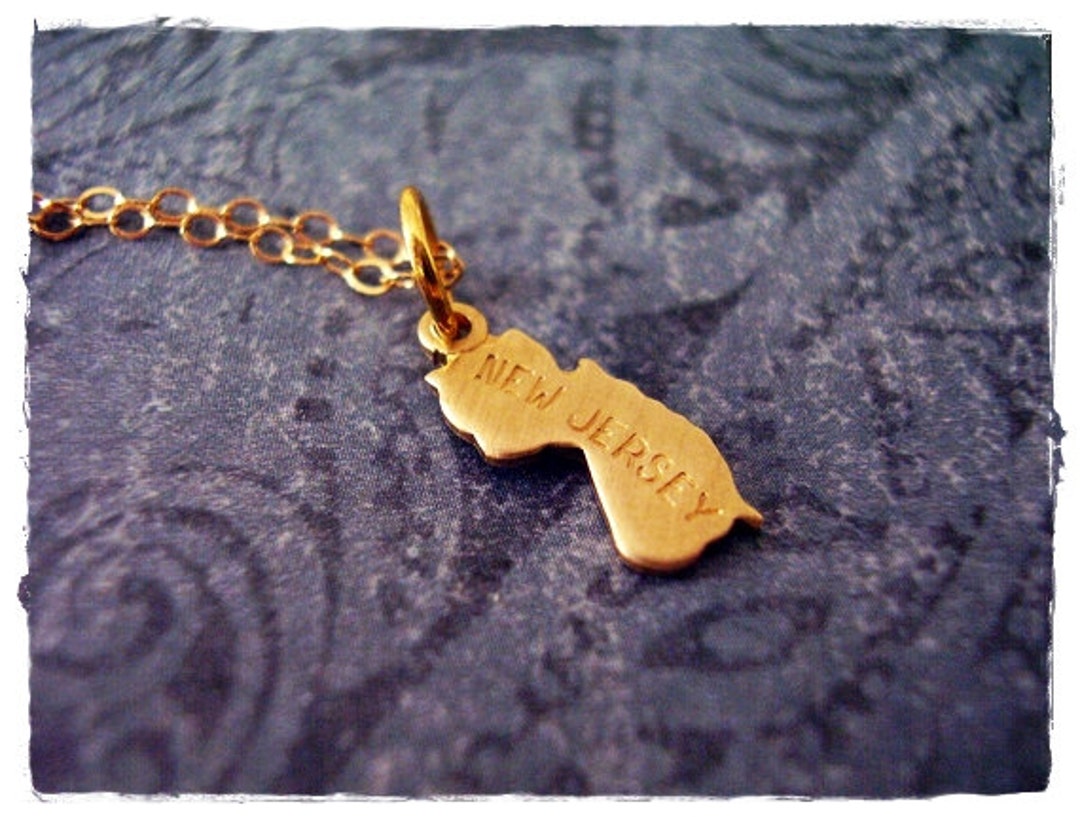Is There Gold In New Jersey

Sparked by local lore and the occasional amateur discovery, the question of whether gold exists in New Jersey surfaces periodically, igniting the imaginations of treasure hunters and history buffs alike.
While New Jersey isn't exactly the next California Gold Rush, the possibility of finding gold does exist, albeit in limited quantities and requiring significant effort. This article explores the geological realities, historical context, and modern-day prospects of finding gold within the Garden State.
A Geological Overview
New Jersey's geological history, shaped by ancient mountain building, volcanic activity, and glacial movements, has created conditions suitable for the presence of gold. The Piedmont region, stretching from the northwest to the southwest, is considered the most promising area.
This region, characterized by metamorphic and igneous rocks, contains veins and deposits that may host trace amounts of gold. Glacial activity, which scoured the landscape during the Ice Age, has also redistributed mineral deposits, potentially concentrating gold in riverbeds and streams.
Historical Context
Historically, there have been reports of small-scale gold discoveries in New Jersey, primarily dating back to the 19th century. These finds were often associated with pyrite, commonly known as "fool's gold," which can sometimes occur alongside actual gold.
While no significant gold mines ever developed in New Jersey, the occasional discovery fueled brief periods of excitement. The New Jersey Geological Survey acknowledges the presence of gold but emphasizes its limited economic value.
Where to Look
According to geological surveys and anecdotal evidence, certain areas in New Jersey offer a slightly higher probability of finding gold. Rivers and streams that drain areas with exposed bedrock in the Piedmont region are often targeted by prospectors.
Specifically, the Raritan River and its tributaries, as well as streams in Hunterdon and Somerset Counties, are frequently mentioned in discussions about gold prospecting. However, it's crucial to remember that finding gold requires patience, perseverance, and knowledge of prospecting techniques.
Modern-Day Prospecting
Today, amateur prospectors in New Jersey primarily use panning and sluicing techniques to search for gold in riverbeds and streams. These methods involve separating heavier materials, like gold, from lighter sediments using water and gravity.
Gold detectors, while helpful in locating buried metal objects, may also be used to search for placer gold deposits. However, it's essential to obtain permission from landowners before prospecting on private property.
The Reality of Gold in New Jersey
It's important to temper expectations when considering gold prospecting in New Jersey. While the possibility exists, the amount of gold is generally small and the chances of striking it rich are extremely low.
The New Jersey Department of Environmental Protection (NJDEP) does not regulate recreational panning, but it is important to understand environmental impacts and local regulations. Leaving a location as you found it ensures future prospecting can occur.
"While there are confirmed reports of small gold discoveries in the state's past, there is not enough gold to prompt any widespread commercial mining activity," says a representative of the NJDEP.
Most importantly, recreational prospectors should be mindful of protected areas and the environment. Avoid disturbing vegetation, polluting waterways, and encroaching on private land.
The Appeal of the Hunt
For many, the appeal of gold prospecting in New Jersey lies not in the potential for financial gain, but in the thrill of the hunt and the connection to nature and history. Spending time outdoors, learning about geology, and the simple pleasure of searching for hidden treasure can be rewarding in itself.
Moreover, the activity provides a unique way to experience the natural beauty of New Jersey and appreciate the state's rich geological heritage. It's a hobby that encourages exploration, learning, and an appreciation for the natural world.
Conclusion
So, is there gold in New Jersey? The answer is a qualified yes. While large-scale gold deposits are unlikely, small amounts of gold can be found by dedicated prospectors.
Whether you are a seasoned geologist or a novice enthusiast, remember to research local regulations, obtain necessary permits, and respect the environment. Prospecting in New Jersey is more than just the hope of finding gold; it's about history, nature, and adventure.
Ultimately, the true treasure may not be the gold itself, but the experiences and knowledge gained along the way.


















